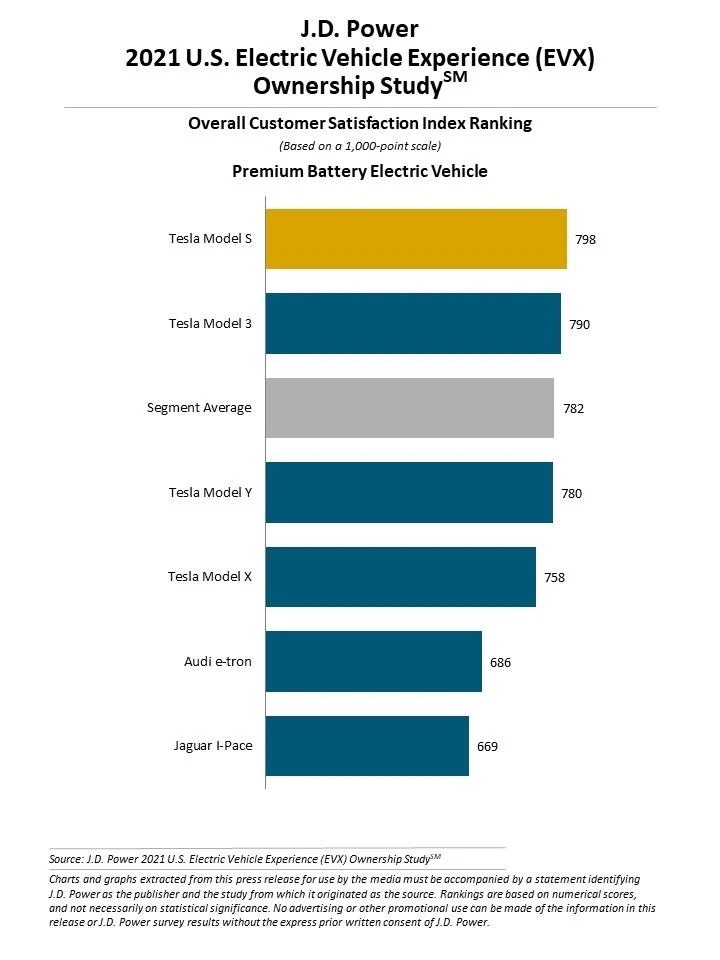The traditional automobile industry has been denying the evidence for almost a decade that electric vehicles are not worth it under the mantra of “there is no demand.”
The reality in 2021 is that all current electric car production is sold almost beforehand. It doesn’t matter if the car costs 150,000 or 30,000 dollars; the manufacturers practically get them taken out of their hands. Porsche’s sales with its Taycan, or the Renault ZOE, with more than 100,000 units manufactured in 2020 prove this.
The sales data shows that the only segment that grows in the face of the continued fall of ICE sales worldwide is the electric car. Internal combustion has an expiration date, but the market is still captive due to the big car manufacturers’ lack of EV supply.
The latest study by J.D. Power once again demonstrates that electrical technology, despite not offering a wide range of cars today, that most of them do not have autonomies that make the anxiety about the available range, its high prices, of the scarce offer of models, and the even better cargo network. Despite all this, the BEV user says no to everything that is not 100% electric.
With these types of responses, which reflect the reactions of other studies collected in the past by this media, it is clear that electric mobility, despite not living its best moments, still overwhelmingly captivates its users, which must become a clear message for builders who still want to move the big market through plug-in hybrids and other inventions before jumping into truly zero-emission mobility.
The J.D. Power was carried out in the United States. In addition to this data, the American data analysis company has measured the level of satisfaction based on autonomy, charging network, cost of ownership, performance, charging at home, general quality, and reliability. The measurement indicator set a maximum of 1,000 points.
Of all those surveyed, 95% have valued the experience of owning, using, and enjoying the car according to previous aspects with a score higher than 900. Of the factors analyzed by the consumption data analysis company, the essential aspects when buying an electric car are mainly four:
Range: the first thing to consider is the actual range of the car on a single charge.
Recharging: Another determining factor in choosing an electric is the “ease” when charging the battery.
Driving pleasure: performance and road handling have been noted among the determining factors for buying an electric car.
Savings: Cost savings determine another factor that determines the transition to a zero-emission car.
The study has determined which was the most appreciated brand among the survey participants where the owners of the Tesla Model S stand out among the high-end segment.
The main results of the classification and scores made by J.D. Power:


